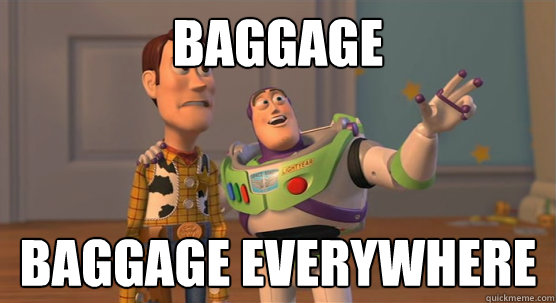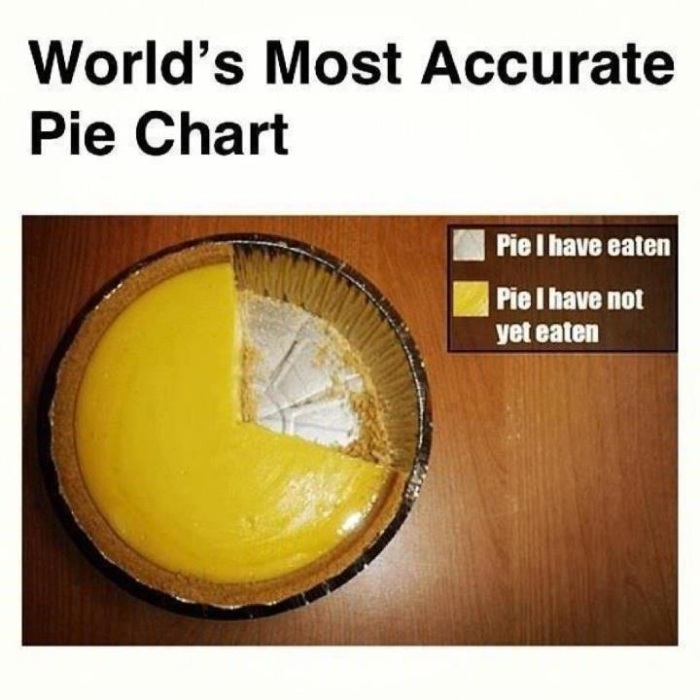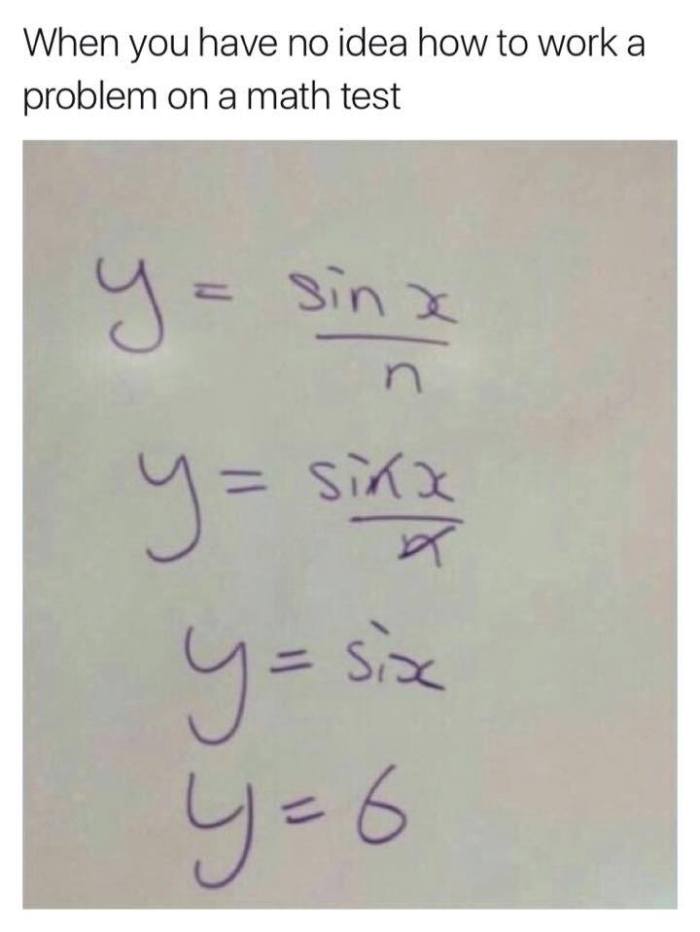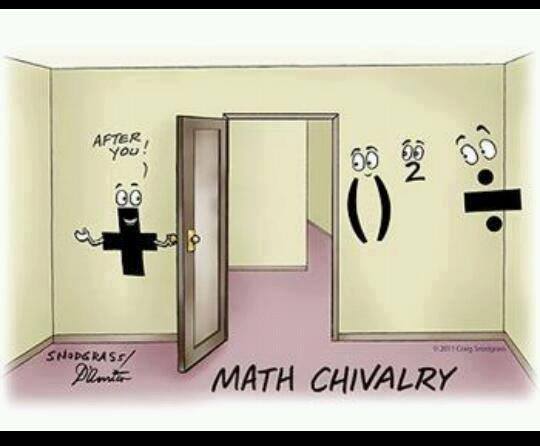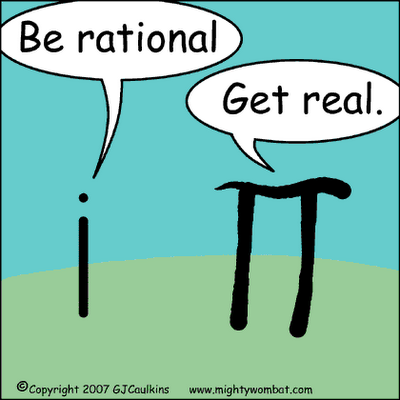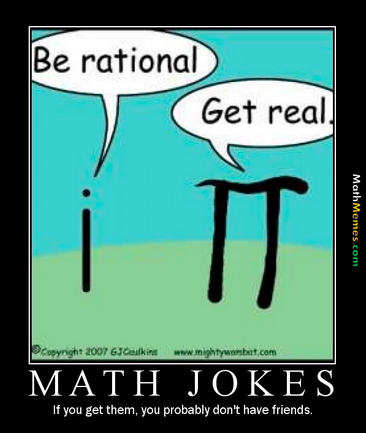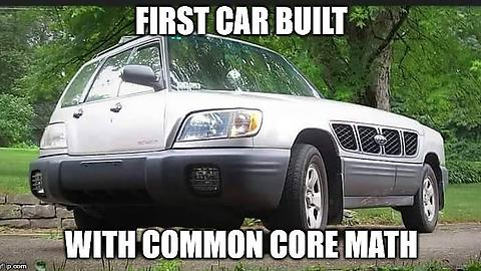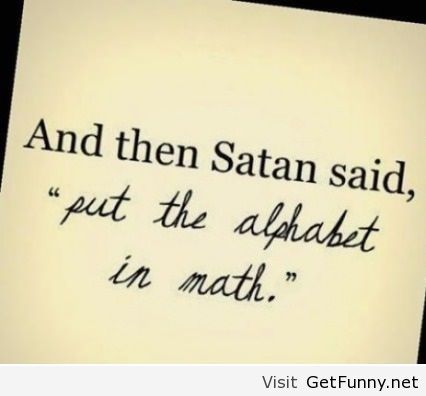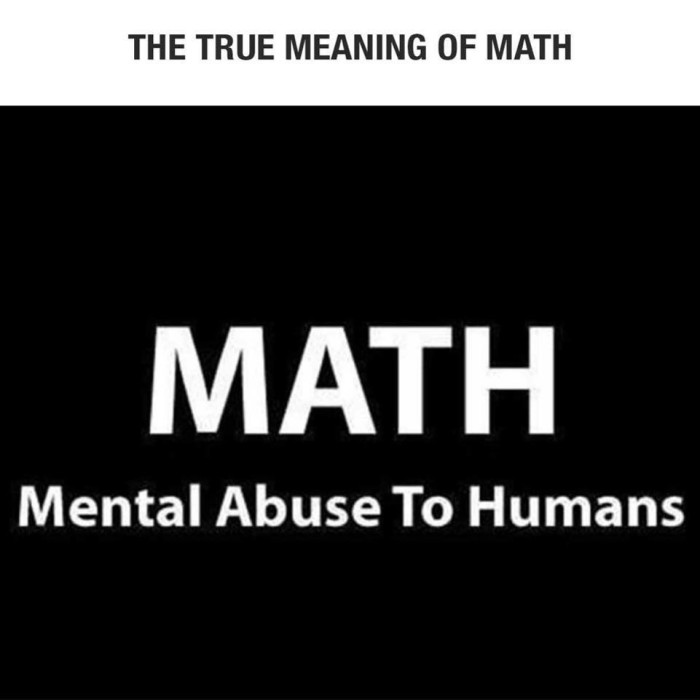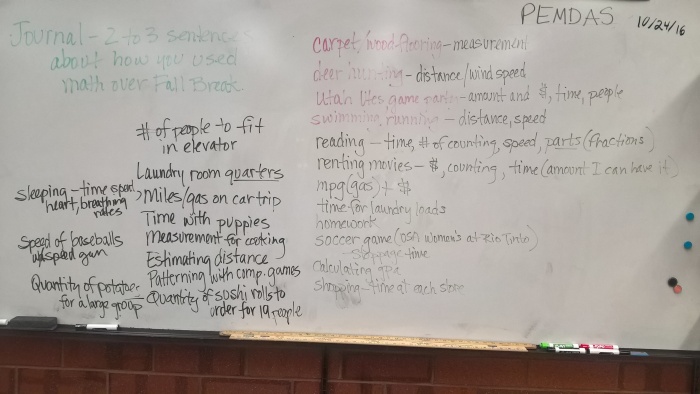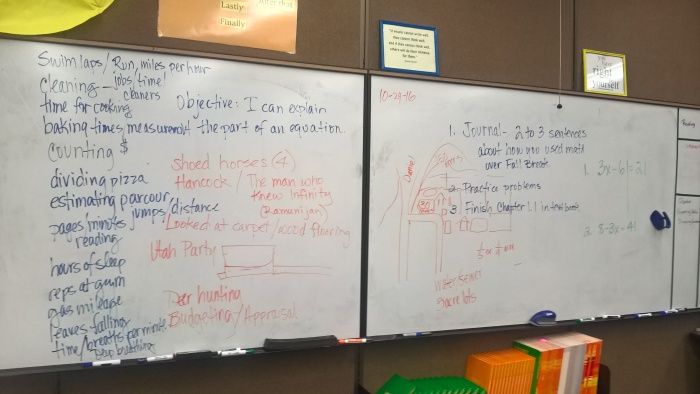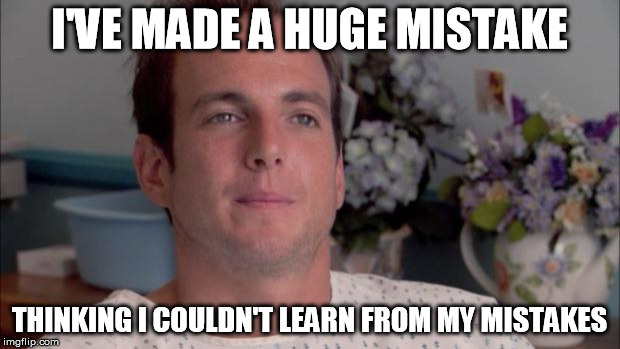One day when I was 6th grade, I was sitting in Sunday School of all places, when something happened that shook me to my very core. For some random reason, the small talk turned to math, and someone wrote a math problem… with letters… on the board.
LETTERS.
I was shocked… I asked what the letter meant, and they told me it could be anything. Then they responded by writing more problems with more letters on the board. It was too much for my concrete mind. I didn’t get a straight answer, so I quit pushing. But I was scared to death of this new concept called “algebra.”
I continued on in 6th grade and did very well in all my classes, including math. I had always been great at math, not only the calculation side, but with problem-solving as well. I was competent and excited about it!
Until the first day of 7th grade. I got my schedule and went to my first math class. It was algebra. Wait… I had signed up for pre-algebra! What was going on here? I cowered in the corner away all the 8th and 9th graders who obviously had proven themselves. Why did I, a lowly 7th grader, get placed there? I spoke to the teacher afterwards, and she said it was likely based on a recommendation from my 6th grade teacher along with my test scores.
It didn’t matter. I was convinced it wasn’t the place for me. I went to the counselor’s office and changed my schedule back to pre-algebra, where I should have been in the first place. I was much more comfortable the rest of the year with mostly my fellow 7th graders. I learned quickly and continued on as a great math student. I even learned about how letters are an important part of math (and no, they were not put there by Satan!).
In fact, I was great at math for many more years, clear into high school. I worked hard and learned well, and when there was a challenge I overcame it. I was one of the better math students, and even took honors and Advanced Placement classes.
But… that one choice in 7th grade came back to haunt me. Because I backed up one class, I had put myself on a track that didn’t allow me to take the higher math class in 12th grade that I really wanted and needed.
How could that one conversation give me so much math anxiety, despite my years of confidence and success? It was so uncomfortable and debilitating. I hadn’t experienced it before and didn’t know how to handle it then. It created a crossroads in my life and I wish I would have chosen differently.
This is #MyMathStory. Yes, even I have experienced math anxiety.
I think most everyone has some math baggage. I think that is why our culture has such a problem… because of that baggage, it becomes easy to downplay our good math abilities or cover/excuse our low math abilities. We hide our math anxieties with uneasy humor and direct it on other people. The cycle continues.
I believe that if we are going to change math attitudes, we need to be brave enough to unpack our math baggage and help others do the same. When we are open and honest with ourselves and others, we will find more commonalities and less reason to hide behind a fixed mindset. In fact, Brene Brown would tell us that such vulnerability can lead to true self-improvement and greater opportunities.
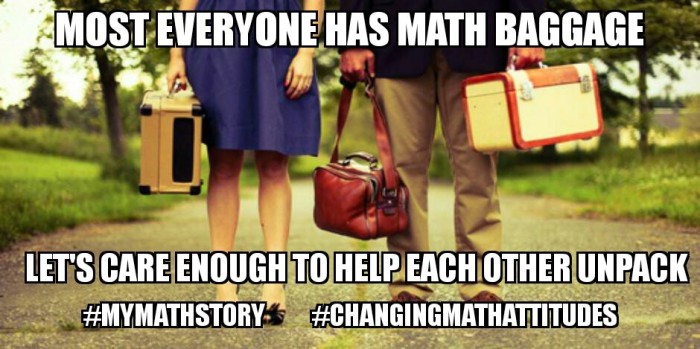
What is your math story? I asked a few Facebook friends and got some great responses. Here are a few:
“I wasn’t much of a math fan in elementary, jr. high, or high school. I only took two math classes in college, just what I had to take to get by. My high school counselor assured me that “girls don’t need math!” But when I started teaching sixth grade, and I watched kids get excited about math, I started to love it! Now, it is my favorite thing! We are now teaching teachers to help kids talk, problem-solve, and think mathematically! It is a blast!… Worst advice I ever got. I sure could have used it as a mom and a teacher.” – Diane
“The first time that I remember having any feelings about math was when I was in Algebra. It was SO hard and I was SO confused. Thankfully I was blessed with a Father who is an engineer and has the patience of a saint. For months he helped me with my math homework every night (and I wasn’t always nice to him). I remember crying and yelling and being SO frustrated. BUT, he got me through it and by the end of the year, I started to like it because I realized the power behind mathematics. It was empowering to realize what I could now do. From there on out, I had a love for math. I loved Geometry, Trigonometry, and even Calculus (again that was HARD, but by the end of the year, when I really got everything it was an amazing feeling). College Calculus (delta / epsilon proofs, anyone?) eventually did me in and my math career came to an end. BUT, I still love math and don’t feel intimidated by it because I’ve conquered those mountains. Not only did I come away with a knowledge of mathematics, but it helped develop the logical, analytical part of my brain, which helps in millions of daily tasks.” – Amber
“Apparently, when I was in fourth grade, I had a teacher who told me I wasn’t good at math. After that, I wasn’t. Until 10th grade. The class was geometry and I was doing my usual C work until we moved in the middle of the school year. When I checked out of my old school, we were at the beginning of a term, so all of my teachers gave me A’s to transfer with. When I checked into my new school, they were at the end of the term, so took my grades and weighted them heavily in assigning grades for that nine week term – so, straight A’s for the first time in my life. In geometry in my Ohio school, we had been a little ahead of where this Texas school was, so I seemed to understand everything we were going over, so helped my classmates on their homework, had the answers for questions in class, etc. I was dubbed the kid who was really good at math. And after that, I always was.” – David
“I liked math but kept having hints and comments throughout middle and high school and somehow got it into my head that math was too hard for me. I did as far as required to graduate and quit. Looking back, I LOVED the feeling of doing math and figuring out an answer. Wish I had believed in myself. I’ve spent lots of time doing math concept activities with my kids and want them to know that if they keep trying and practicing, they will love math.” – Malea
“I use to hate math with a passion! Because I would learn something then forget it over and over. Then on my first day of high school I got an amazing teacher who made all the difference. He took the time to teach and make sure I was getting it. It changed my life forever now everytime I think of math I think of him and how fun he made it. I now feel very different about math.” – Steph
Insightful. Humbling. And incredibly empowering!
I am glad each one of these had a good ending. Unfortunately, not all math stories do. There are many people out there (children and adults) who didn’t have a teacher/parent/mentor/experience that helped them recover, who are still mired in pain and anxiety. Too many.
I want to build this project. Please help me share the #MyMathStory concept. Post your story on the comments here, on your social media page, email me, or click on this anonymous survey link I created. Also, share it with your students, friends, family, kids, or anyone else who will listen. Use the hash tag and we can all connect with each other.
Don’t be afraid. If someone makes you feel judged or uncomfortable, they probably have their own math baggage they are dealing with. Give people the benefit of the doubt, be kind, and let’s make a safe environment for this cultural change. From here on out, I am going to post one story each week, so I am counting on your help and contribution!
~~~Remember, math skills won’t improve until math attitudes do!~~~
We can make a difference. We have to make a difference. It might be in our family, it might be in our students, it might be in our community, and it might even be in ourselves.
Here’s to our efforts!
Cheers,
Adam
__________________
Be a friend and follow me!
WordPress: https://changingmathattitudes.wordpress.com/
Facebook: https://www.facebook.com/groups/1653035008300751/
